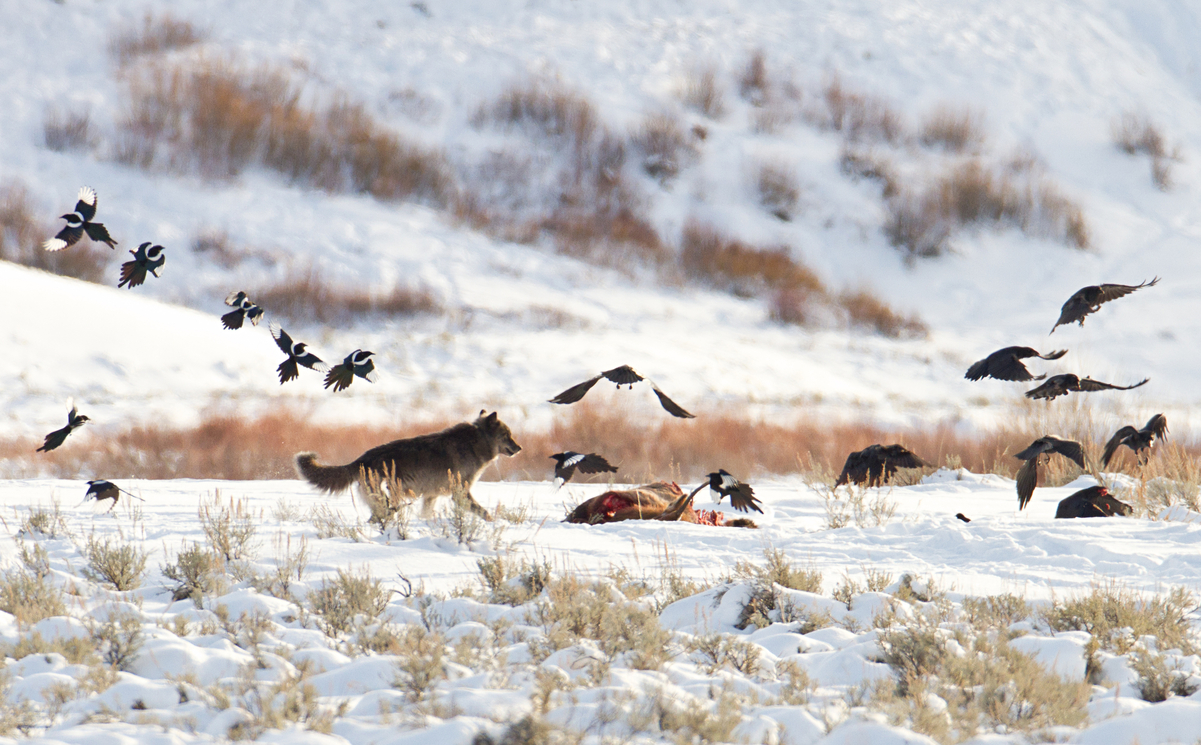A faux pas by environmental groups caused the Rocky Mountain Elk Foundation and coalition partners from the Sportsmen’s Alliance Foundation and Safari Club International to again seek to intervene in two refiled lawsuits seeking to relist wolves in the Northern Rocky Mountains.
The U.S. Fish and Wildlife Service cited extensive peer-reviewed scientific assessments to deny two petitions by litigants earlier in 2024 when it ruled, “Despite current levels of regulated harvest, lethal control, and episodic disease outbreaks, wolf abundance in the Western United States has generally continued to increase and occupied range has continued to expand.”
Environmental groups disagreed and filed suit but did so prematurely, as per the Endangered Species Act’s 60-day notice provision. As such, they since refiled so RMEF and its partners again filed to intervene.
“Wolf populations in Idaho and Montana are respectively 800 and 600 percent above minimum federal recovery goals while Wyoming’s population met minimum federal recovery criteria the last 21 consecutive years. Plus, those in Oregon and Washington are at their highest modern-day levels ever,” said Kyle Weaver, RMEF president and CEO. “It is incumbent that these groups stick to proven science and not emotion for the sake of healthy predator and prey populations alike.”
Environmentalists claim monitoring techniques used by Northern Rockies’ states to estimate wolf population size are flawed and overestimate the number of wolves. They also claim that previously accepted population sizes required for healthy wolf genetics are now no longer valid and minimum wolf populations need to be larger.
“Again, their arguments are not grounded in the best available science. The Crabtree and Creel white paper, which they cite as science, are independent reports authored by wolf proponents and not scientific, peer-reviewed research subject to rigorous testing. Another cited study is funded by the Turner Endangered Species Fund, a well-known wolf proponent group, as pointed out in its own conflict of interest section,” added Weaver.
RMEF has always maintained that state wildlife agencies should sustainably manage wolves just as they manage elk, mountain lions, deer, black bears and other wildlife in line with the North American Wildlife Conservation Model.
(Photo source: Rocky Mountain Elk Foundation)
